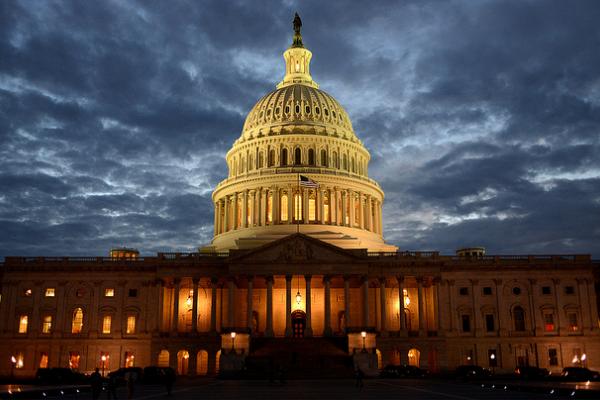Jan 12, 2017
The U.S. Senate voted 51 to 48 in the early hours of Jan. 12 to begin the process of repealing major portions of the Affordable Care Act, also known as Obamacare. The vote went on for seven hours, as Senate Democrats attempted to build on growing unease among House and Senate Republicans over repealing major provisions of the ACA without a repeal in place. Ultimately, only Sen. Rand Paul (R-Ky.) joined the Democrats in voting against, and the resolution was approved.
Last night’s hours-long late night vote is known as a “vote-a-rama,” a long series of back-to-back votes in the Senate. Though atypical, it’s become a more common practice for major votes in the Senate.
Read the Full Article

Already a subscriber? Login
